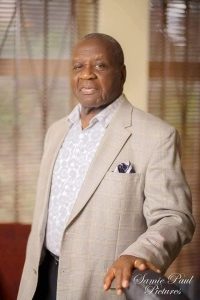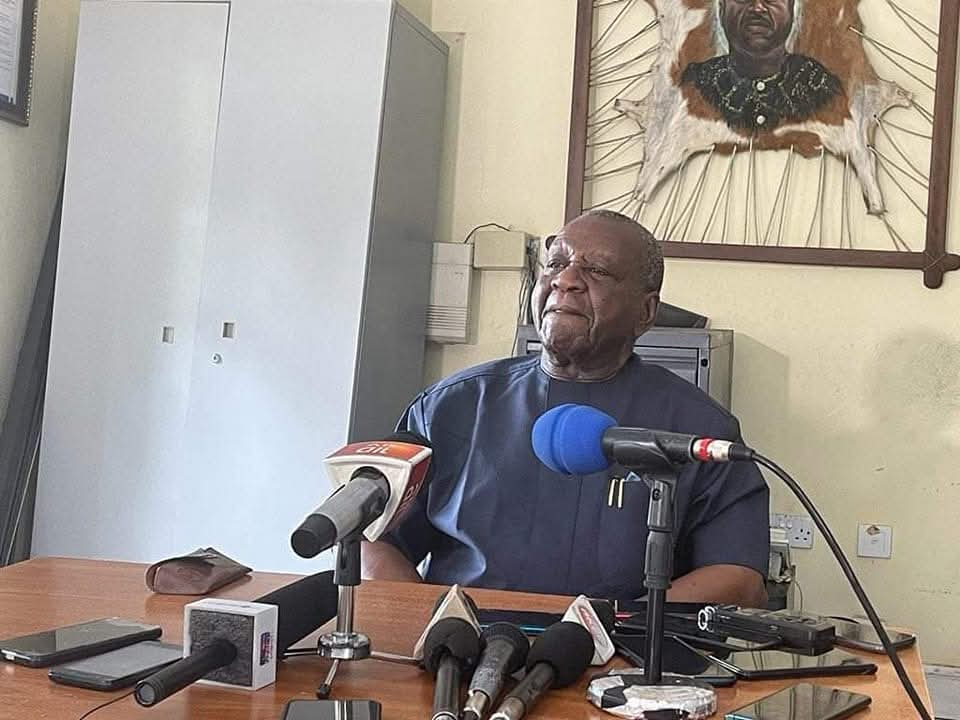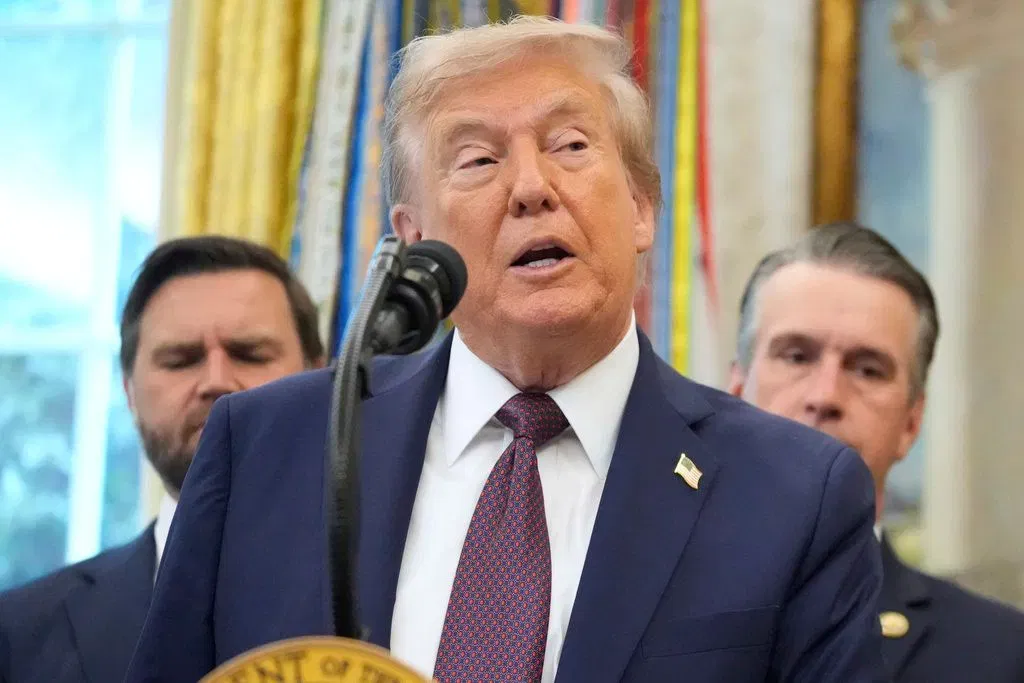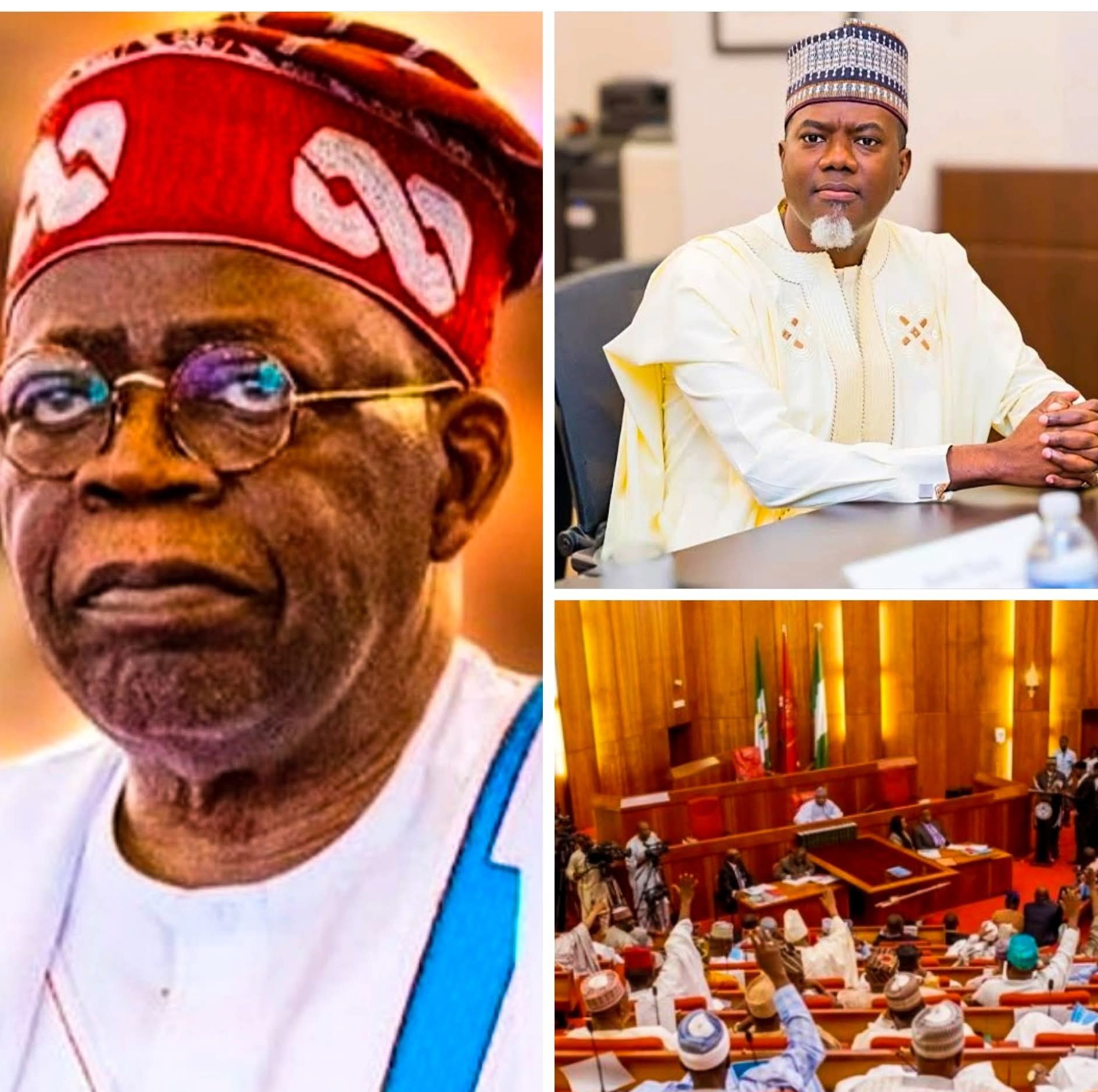A former governor of Akwa Ibom State, Victor Attah (1999-2007), has voiced the concerns of many patriots by calling for a new Constitution, rather than the piecemeal reviews by the National Assembly since 1999, which have produced little meaningful change.
As the 10th NASS embarks on yet another Constitution review, Attah’s advice resonates with Nigerians and so deserves serious consideration.
Attah described Nigeria’s polity as a “unitary system masquerading as federalism,” arguing, “We cannot amend what is so fundamentally bad. We need a completely new constitution…The present Constitution creates a dictator who can become a monster and do whatever he pleases, and that is not what we want. We want a democracy, and that democracy can only come out of a federal arrangement.” Nothing more to add.
He criticised the rent-seeking system, stating, “There is no incentive for productivity. As long as we are using the feeding-bottle method, there can be no growth. Whether you produce or not, you still receive allocations. So, there is no competition, and without competition, there is no development.” This is true; it is a major impediment to progress.
As a member of The Patriots, Attah highlighted that placing 66 of the 97 items in the Second Schedule of the 1999 Constitution (the Exclusive List) “is just handing (over) a whole country like Nigeria to one person to administer. It cannot work…Let us do a comprehensive rewrite of this constitution that will bring in certain safeguards that don’t exist in the present Constitution.”
Attah called on President Bola Tinubu, himself a victim of the Constitution’s flaws as governor of Lagos State, to rescue the country from these constitutional anomalies. “This particular President is in the best position to do it because he suffered the consequences of the type of thing that this Constitution allows to happen. His local government money was seized unconstitutionally… So, he is really in the best position to do it, … if he doesn’t do it, he would have left a worse Nigeria than he met.”
Attah’s position is compelling. The 1999 Constitution is a charade from start to finish—in letter, spirit, and form.
While it falsely claims to be a product of “We the People,” it was drafted by a select few and enacted without a referendum. No nation prospers on a grundnorm that lies to itself.
The Constitution fails to reflect the realities—history, identity, and aspirations—of the people it claims to represent.
Despite Nigeria’s multi-ethnic, multi-lingual, and multi-religious makeup, the Constitution centralises power and subordinates the sub-nationals, grossly violating the principles of federalism and healthy competition.
After 26 years, the Constitution has become a rollercoaster, producing governance by happenstance rather than through a deliberate and sustainable development agenda.
It is riddled with incongruities and contradictions. For example, listing 774 local councils in the Constitution contradicts a true federalist arrangement, which would allow states to create councils as needed.
Instead of allowing states to mine their resources and pay royalties to the centre, the Federal Government controls all resources.
Worse, it grants a mere 13 per cent derivation to resource-generating states and perpetuates a rent-seeking arrangement, forcing states to queue monthly for allocations in Abuja. This stifles innovation, competition, creativity, and development. It is a recipe for stagnation.
In the First Republic, the regions warehoused 50 per cent of their revenue, which coheres with the spirit of federalism. They sent 30 per cent of the revenue to the distributable pool and 20 per cent to the centre. This was just and equitable.
The over concentration of power in the presidency has encouraged impunity and undermined democracy. During Olusegun Obasanjo’s presidency, an attempt was made to address this through Section 162(6) of the Constitution, prescribing the State Joint Local Government Account.
However, this only prevented LGAs from receiving allocations directly and failed to solve corruption and underdevelopment. The monthly allocations from the centre remain a problem.
These anomalies are evident to all political observers, yet the President and parliament continue to sidestep the core issue with piecemeal reviews.
Recently, at Tinubu’s prompting, the Supreme Court granted financial autonomy to LGAs, removing state control over local councils—unlike the practice in other federations. It is simplistic of the centre to celebrate this as federalism.
Under the current arrangement, the President wields excessive power. Obasanjo, Goodluck Jonathan, and Tinubu have all unilaterally declared states of emergency, sacking governors and elected officials in Plateau, Ekiti, and Rivers states, contrary to constitutional provisions.
Jonathan, however, refrained from suspending the governors of Adamawa, Borno, and Yobe in 2013 during the peak of the Boko Haram insurgency.
It is time to face reality and produce a people’s document—one that incorporates Nigeria’s diversity, history, dreams, and aspirations, and delivers peace and progress. The courage to deliver such a constitution has been lacking since the start of the Fourth Republic.
Tinubu and the 10th NASS must rise above parochial interests and set Nigeria on the path to true nationhood.
Over 26 years of searching for nationhood, Nigeria has produced documents that could serve as a federalist blueprint: the reports of the 2005 National Political Reforms Conference, the 2014 National Conference, and the 1963 Constitution, which is the only negotiated, people-driven document.
Tinubu should rally the NASS to convene a national conference that will distil these documents and incorporate new recommendations to produce a functional Constitution.
He should avoid the mistake made by Jonathan, who convened the 2014 conference too late to implement its outcomes. The time for action is now.
The new Constitution must enshrine true federalism and restructuring, reflecting Nigeria’s heterogeneity and diversity to foster progress and development.
It should devolve power to the states, allowing them to own and mine their resources and pay royalties to the centre.
The Constitution should establish a lean federal government, limited to defence, currency, and international affairs, rather than the 66 out of 97 items currently assigned to it. The Federal Government cannot, and should not, micromanage the affairs of Nigeria.
Furthermore, the Constitution should recognise two federating units—federal and states—with states controlling local councils and free to create LGs as suited to their needs, as practised in the United States and other federations.
The ongoing abuse of LG funds by state governors persists due to weak institutions. The new Constitution must build strong institutions to ensure the emergence of capable leaders who can manage councils transparently, as seen in the US, Germany, Canada, and Australia.
Of all 26 federal constitutions worldwide, only Nigeria operates a single police force. The failure to decentralise policing fuels insecurity, banditry, terrorism, separatist agitations, and oil theft. This must change.
Political leaders have resisted a new constitution due to selfish interests and the immense powers concentrated in Abuja, which drive their desperation during elections.
As a victim of the 1999 Constitution, Tinubu must summon the courage to deliver a new Constitution. This will be his legacy for Nigeria and its people.
Credit: Punch Editorial





